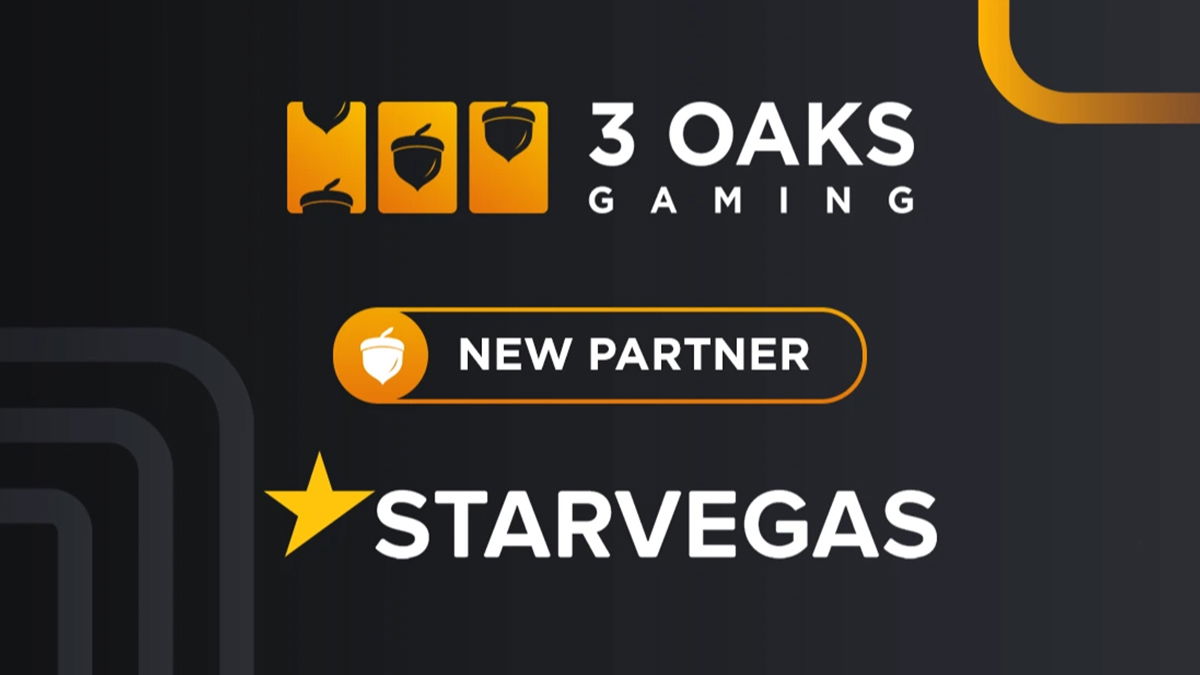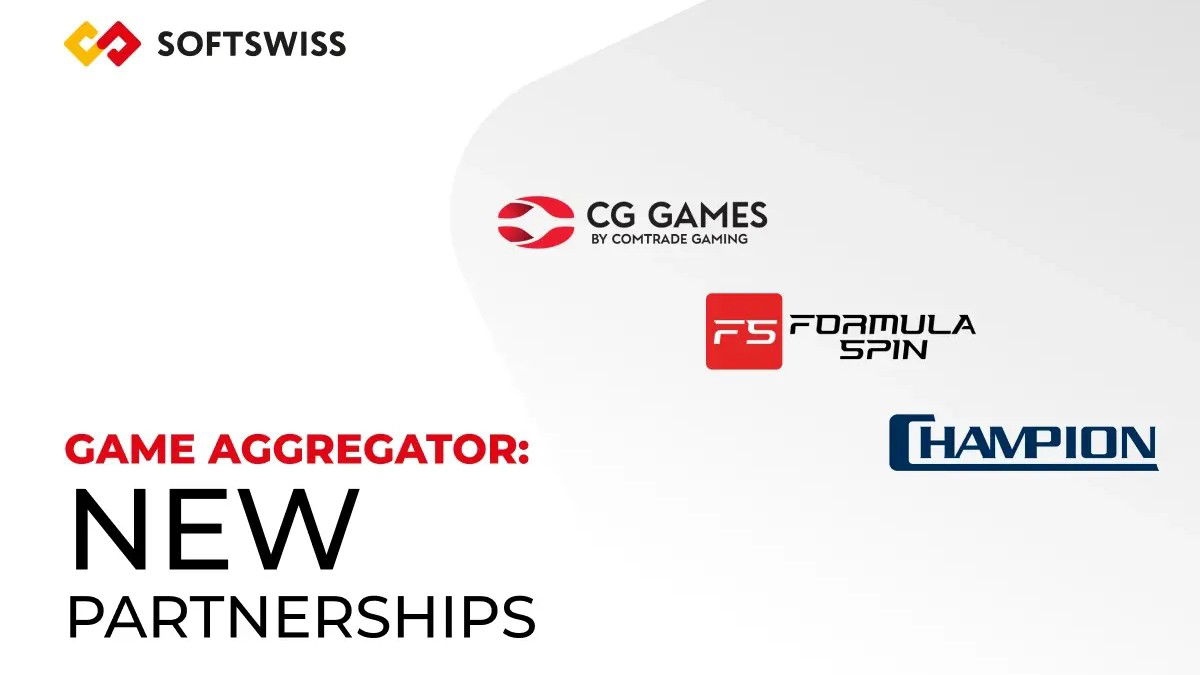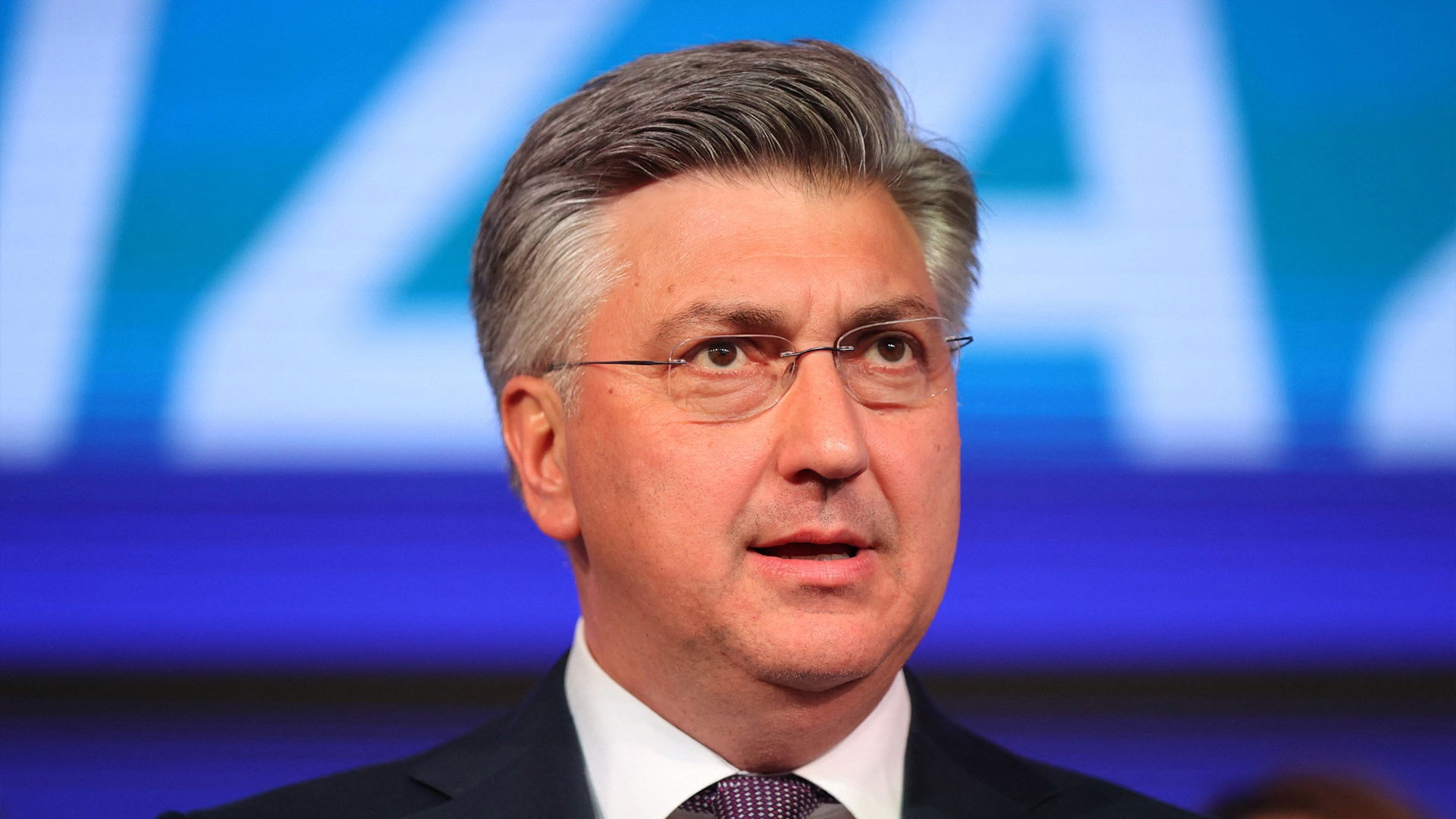DFS: Why Specializing in Football is The Key to Success in Europe

Valéry Bollier has over eleven years of experience in the iGaming industry. He is a regular speaker at industry conferences and seminars, as well as a contributor to various BtoB publications. Equipped with a passion for Daily Fantasy Sports (DFS) and ”Big Data”, Bollier is the co-founder and CEO of Oulala, a revolutionary fantasy football game which was launched three years ago.
Naturally, football is the most logical pick because it is the only real mass-market sport in Europe. With football representing 65-70% of the bets on sports, the cross selling opportunities are massive.
Moreover, when it comes to football clubs, Europe stands comfortably as the epicentre of the world with some of the best Brazilians, Koreans, Cameroonians and Australians playing in European teams. Offering a DFS game on European football means expanding the market across the entire globe.
Thus, offering a Daily Fantasy Football game clearly seems like the wise move.
Should operators, however, also pick ''smaller'' sports?
Tennis is by far the second most popular sport in Europe with 10-15% of the European bets, however, regrettably, the specific format of this sport only allows what is referred to as a ''bracket challenge'' DFS, which is far less appealing to customers and therefore remains solely a niche market.
Operators hoping to offer a variety of sports will therefore need to offer as many small sports as possible, while acknowledging that if each of these is capable of contributing at least a moderately adequate level of interest and profit, then combining these sports will almost certainly generate an interesting level.
This strategy, known as the ''long tail'', has proven to be largely efficient, however it is only so for a market that has successfully reached a certain level of maturity.
The reason for this is evident; with a figurative massive cake on the table, as is the case with new markets, and with the competitive intensity still being low, it seems ill-advised to spend time and money hunting for mere crumbs on the floor. It is not the ideal strategy since not only will you end up with less cake for yourself, but the pieces that could have actually been yours will be consumed by your competitors. The end result will then only be the reduction of your own market shares.
In Europe, DFS is still in the very early phases of its development. At this moment in time, adopting this strategy must therefore be acknowledged as a counterproductive move for operators.
When it comes to social games such as DFS, this strategy is even less beneficial at an early phase, since social games can be looked at as a dance floor; no one wants to be the first one to step forward and dance but also, the more people there are dancing, the better.
The notion of “critical mass” is crucial and is clear in the benefits it offers; as opposed to scattering your customers in different directions towards a variety of games, and instilling a sense of dissatisfaction and disloyalty, a single big successful dance floor should be presented instead.
Once the success of your first dance floor has been secured, it would then be advisable to consider opening another one. Once your football DFS product has proven to be successful, you will need to choose whether or not to open up any other sports, but not a moment before then.
An operator recently expressed that since DraftKings is offering American sports to its European customers, it would be logical to do the same thing. We, however, strongly disagree.
DraftKings is a pure player in DFS as opposed to a multi iGaming platform. When specializing in only one kind of game, the strategy should be to form bridges between the various sports being offered, which is the only thing that really can be done.
However, when various types of games are being offered, it is far more efficient to develop bridges between one’s most successful games and the new ones.
To begin with, adopting a DFS solution offering multiple sports may seem like the safest, most efficient strategy. However, now that the counterproductive impact of a long tail strategy on a new social market has been acknowledged for the most part, it seems logical that specializing in football during the next 18 to 24 months will prove to be the real beneficial strategy for any iGaming operator looking to adopt a DFS product.

















































